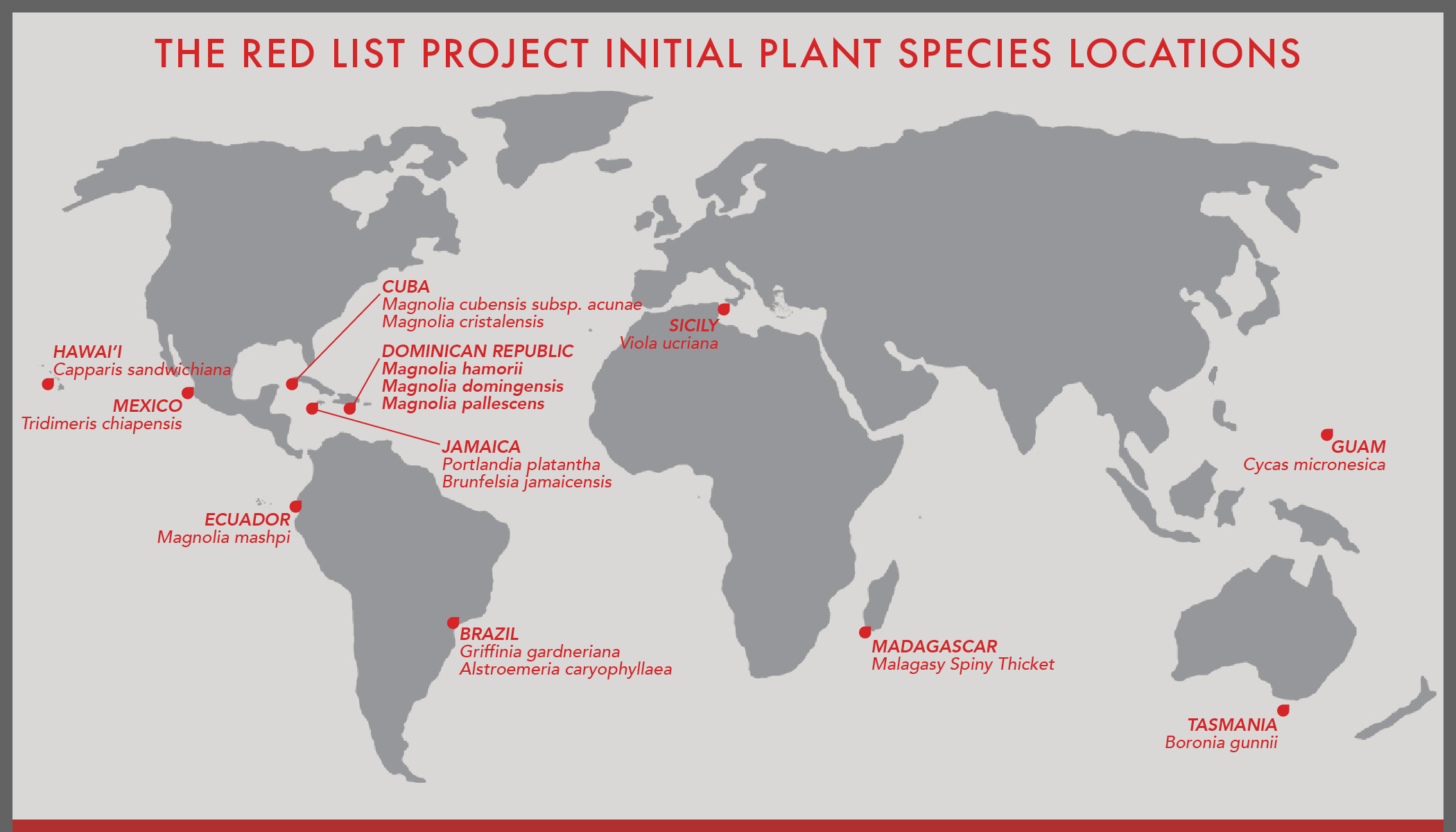
"Islands are home to a wealth of unique and remarkable biodiversity. . . [they] function like natural experiments where life evolves in isolation, building up assemblages of distinct species that occur nowhere else on Earth. But this unique evolutionary history is under threat [because] islands are acutely sensitive to the effects of habitat destruction, invasive species and climate change. At the same time, around 600 million people live on islands. . .” – Royal Botanic Gardens, Kew, Science Blog
Island ecosystems are the most imperiled in the world. They are hotspots of biological and cultural diversity, but they are also places of human over-population, unsustainable use of natural resources, and increasingly disparate social and cultural structures. More extinctions of both plants and animals have been recorded on islands than on larger land masses, and islands disproportionately face the negative impacts of climate change, such as the increasing frequency and intensity of tropical storms and a warming ocean with concomitant sea level rise. Therefore, conservation efforts focused on island ecosystems are more urgently needed, providing a return on investment that few other habitats or ecosystems can rival. Although our focus at present is on threatened and endangered island plant species, we are expanding our work to other threatened species regardless of ecosystem or country.
conservation objectives
• Prevent the extinction of the most critically endangered plant species through science-based conservation activities that include recovery planning, seed/propagule collection, plant propagation, genetic diversity preservation, habitat restoration, and project implementation and monitoring
• Provide local stimulus through job creation
• Generate home country micro ecological industries that are dedicated to restoring the threatened IUCN plants and to healing the ecosystems of which they are a part
• Educate, inform, and inspire the public about the world’s irreplaceable botanical riches and how to be environmentally responsible global citizens
TRLP Conservation initiatives
Conservation PARTNERS
• Brazil: The Antonelli Foundations for Biodiversity Research and Conservation; Atlantic Forest Research and Conservation Alliance (ARAÇÁ); Universidade Federal Minas Gerais
• Cuba: Planta!
• Dominican Republic: Fundación Progresso
• Ecuador: Mashpi Reserve
• Guam: Montgomery Botanical Center
• Hawai’i: National Tropical Botanic Garden (Kauai)
• Jamaica: Natural History Museum of Jamaica
• Madagascar: California Academy of Sciences and Universite d’Antananarivo
• Mexico: Universidad Nacional Autónoma de México
• Sicily: Università degli Studi di Palermo
• Tasmania: Royal Tasmanian Botanical Garden

